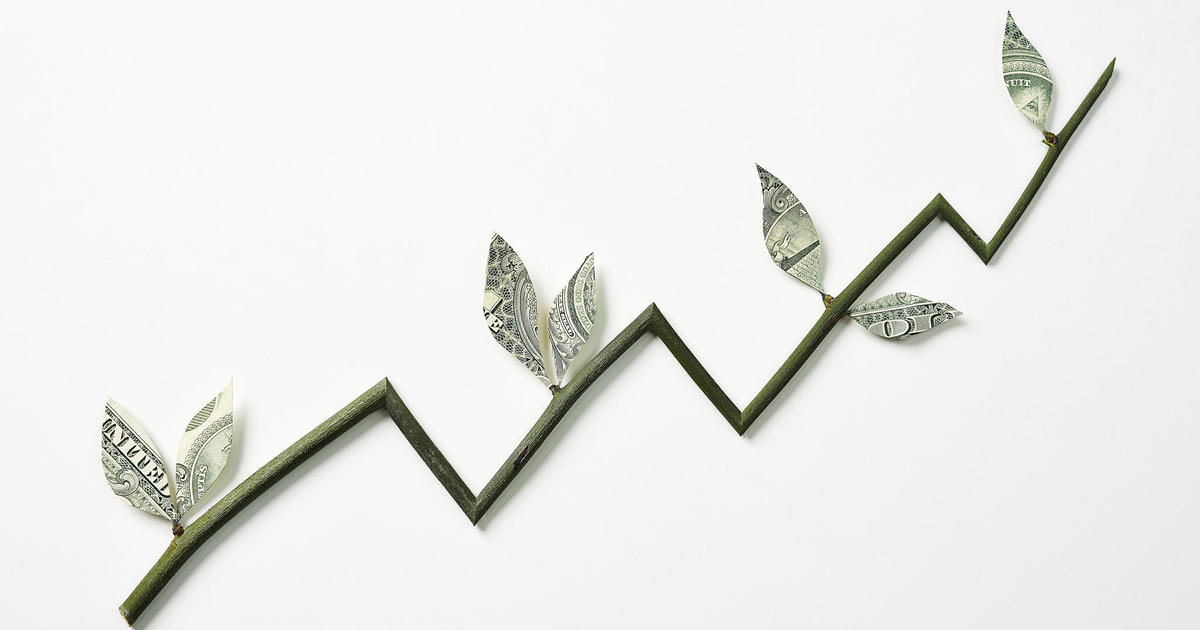Bank of America, JPMorgan and other big banks seek coronavirus relief
A lobbying group for the nation's largest banks wants the Federal Reserve to permanently relax a number of regulations put in place after the 2008 financial crisis. The reason: To help lenders deal with any economic fallout from the novel coronavirus.
Some of the proposed changes would allow the banks to reduce the amount of money they must set aside to cover potential bad loans, which is exactly what got the banks into trouble during the crash.
"The Fed has every reason to take steps now," said Bill Nelson, a top economist for the Bank Policy Institute, which is funded by large banks including Bank of America, Citigroup, JPMorgan Chase and Wells Fargo. Nelson co-authored the policy statement "Actions the Fed Could Take in Response to COVID-19," which the group released earlier this week. "It makes sense to increase confidence now to make sure there are no unwanted economic shocks from the coronavirus."
The banks have already been granted one of their wishes after Nelson last weekend sent an open letter to his group's members calling on the U.S. central bank to lower interest rates by at least a half of percentage point. The Fed did just that on Tuesday, though the reaction from the market was mixed.
Also on Tuesday, Treasury Secretary Steven Mnuchin said his agency "would talk to independent bank regulators about easing rules for lenders."
Other financial regulators are easing rules because of the COVID-19 disease. The Securities and Exchange Commission said on Wednesday it will give companies seeing an impact from the coronavirus an additional 45 days, or as late as the end of June, to file their first-quarter earnings reports.
Nelson said he hasn't seen any evidence of financial stress at the big banks because of the virus. He added the lobbying group's recommendations stemming from the outbreak are "along the lines" of regulatory changes the banks have been seeking for years.
Industry critics accuse the banks of not letting a good crisis go to waste. "The banks are trying to seize this moment when people are rightly concerned to push for changes that are unrelated and they have wanted for years," said Michael Barr, a law professor at the University of Michigan who wrote and helped implement the federal Dodd-Frank bank regulations enacted in 2010 after the financial crisis.
Barr added that he doesn't see a connection between what the banks have proposed and anything related to the coronavirus. "I don't think it would be helpful for the Fed to take these recommendations."
Dennis Kelleher of Better Markets, a pro-regulation non-profit that was co-founded by a hedge fund manager and a former corporate lawyer, said the Fed should force banks to suspend dividend payments and halt stock buybacks if the industry shows signs of financial distress. That would ensure banks have enough capital to cover bad loans, which could spike if the U.S. fell into recession because of the coronavirus.
"The current unique circumstances require an increase of capital and liquidity, not a relaxing of the rules," Kelleher said.



